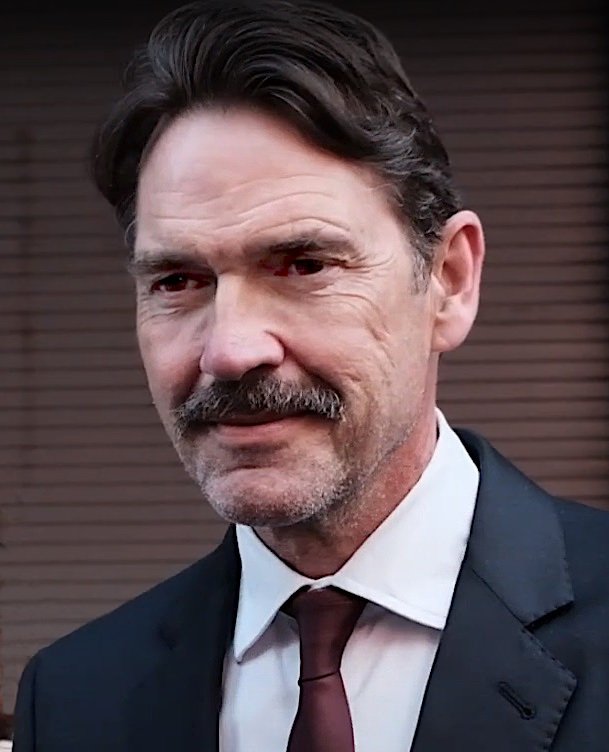
President-elect Donald Trump has appointed Scott Turner, a former NFL player and experienced public servant, to oversee the U.S. Department of Housing and Urban Development (HUD). Turner, who previously served as executive director of the White House Opportunity and Revitalization Council, will now lead efforts to address affordable housing, urban development, and homelessness in the nation’s growing metropolitan areas.
Scott Turner’s appointment has drawn attention due to his blend of athletic career achievements and his leadership role in public policy. Having worked closely with President Trump during his first term, Turner brings a practical understanding of the challenges facing low-income communities. His previous work involved spearheading initiatives to revitalize distressed neighborhoods, aiming to stimulate economic growth and improve living conditions.
Turner’s NFL career, although a central part of his public identity, is not the focal point of his qualifications for the HUD post. Instead, his background in community service and economic development stands out. He has focused his efforts on helping underserved communities, working to foster business investment in areas that have long struggled with high poverty rates and economic stagnation.
The HUD department, which plays a critical role in the housing market, has faced significant scrutiny over the years, especially concerning the affordability of housing and the challenges posed by homelessness in major cities. As the new head of HUD, Turner is expected to tackle these issues head-on, bringing a blend of policy expertise and a fresh perspective to the department. His work with the Opportunity and Revitalization Council, aimed at empowering economically disadvantaged communities, aligns with the broader goals of the HUD, focusing on job creation and urban renewal.
Turner’s track record as a former player in the NFL may not immediately seem related to his new role, but his time with the league instilled in him a team-oriented approach to problem-solving. These qualities are expected to be crucial in his leadership role at HUD, as the department requires effective coordination with local governments, nonprofits, and private sector entities to implement its programs successfully.
During his tenure at the Opportunity and Revitalization Council, Turner was instrumental in promoting the “Opportunity Zones” initiative, which aimed to bring investment to struggling areas through tax incentives. The program has received both praise and criticism for its mixed results in revitalizing economically distressed communities, but Turner’s role in its implementation has put him in a position to make a significant impact at HUD. His new appointment could signal a continuation of policies focused on economic regeneration through infrastructure and housing.
Despite his strong support for community development, Turner’s appointment also places him in the midst of an ongoing debate over affordable housing in the United States. The housing crisis, exacerbated by rising construction costs, limited availability of affordable units, and increasing demand in urban areas, is one of the biggest challenges facing policymakers. As the new head of HUD, Turner will be under pressure to implement policies that increase affordable housing stock while also addressing zoning regulations that have long been a barrier to housing development.
Affordable housing advocates have already begun voicing concerns over Turner’s approach. While he has championed economic growth and business development, critics argue that his focus on market-driven policies may not sufficiently address the immediate housing needs of low-income families. For Turner, striking a balance between stimulating investment and ensuring access to housing for vulnerable populations will be a critical challenge in his new role.
Turner’s leadership will be tested in the area of homelessness, an issue that continues to worsen in many parts of the country. Cities such as Los Angeles, San Francisco, and New York have seen a sharp rise in homelessness, with thousands of individuals living on the streets and in shelters. Turner’s experience with urban revitalization may be an asset in addressing this crisis, but the solutions required are multifaceted and will demand cooperation across various levels of government, nonprofits, and private organizations.
In addition to these challenges, Turner’s leadership will play a key role in shaping the direction of HUD’s policies on fair housing, discrimination, and community development. His approach to these sensitive issues will be closely watched, as HUD has historically been involved in enforcing civil rights protections in housing and ensuring that federally funded housing programs are free of discrimination. Turner’s ability to navigate these complexities while advancing the administration’s housing agenda will be a pivotal aspect of his tenure.
For President-elect Trump, appointing Turner underscores a broader vision of empowering communities through economic opportunity. Turner’s work with the Opportunity Zones and his commitment to revitalizing distressed neighborhoods align closely with the administration’s focus on creating jobs and fostering economic independence for American families. However, the true impact of Turner’s leadership at HUD will ultimately depend on his ability to address the growing housing needs of a rapidly urbanizing country while also ensuring that the most vulnerable populations are not left behind.




